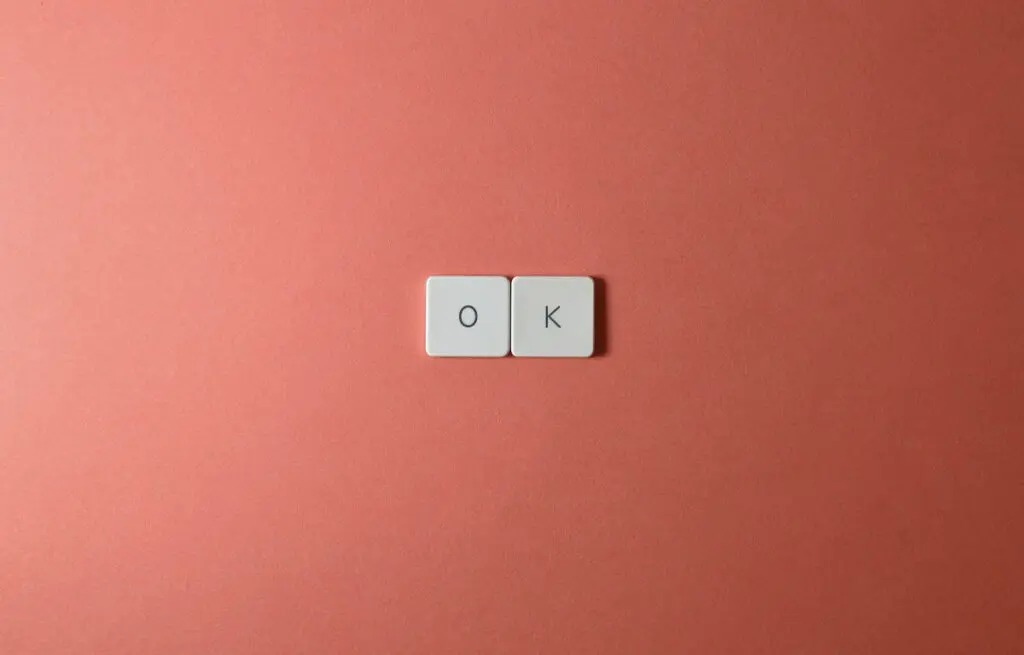Có bao nhiêu cách khác nhau để nói "kỳ lạ" trong tiếng Anh
Bạn có thể sử dụng "weird" hoặc "strange" để mô tả những điều không bình thường, nhưng chúng có sự khác biệt nhất định mà có thể không luôn phản ánh đúng cảm xúc bạn muốn diễn đạt. Một số điều kỳ lạ mang tính chất hài hước, trong khi những cái khác lại kỳ lạ một cách đáng sợ hoặc gây ngạc nhiên. Còn về những điều kỳ lạ kiểu dễ thương, thì sao? Và có cách nào lịch sự hơn để diễn đạt về điều gì đó kỳ lạ không?
Có các từ duy nhất dành cho tất cả những điều này, và chúng tôi đã sưu tầm chúng trong bài viết này. Học tất cả và bạn sẽ sẵn sàng khi gặp phải điều gì đó mà bạn không thường thấy.
Common synonyms for “weird”

Unusual
The opposite of "usual" is, of course, "unusual."
She has an unusual singing voice, but I like it.
Peculiar
His peculiar behavior raised eyebrows.
To "raise eyebrows" is an expression that means to get people's attention, usually by doing something they are not used to seeing.
There is also the noun form "peculiarity," which refers to a strange feature or habit.
His peculiarities made him very popular at the party.
Odd
There was something odd about the abandoned house.
This word also has a noun form, which is "oddity." It's used to describe a strange item.
The small museum was full of rare oddities from around the world.
Bizarre
This word has a stronger nuance than "unusual" or "odd."
The circus performers were wearing bizarre costumes.
Quirky
Quirky includes the nuance of something being strange in a cute way. Also, "quirk" is a noun meaning a strange habit.
She had a quirky sense of fashion.
His habit of singing in the shower was just one of his many quirks.
Eccentric
The adjective form means "strange," but the same word can also be a noun. The noun form refers to a person who is strange.
The eccentric professor performed unusual experiments.
The eccentric was known for his wild clothing and even wilder behavior.
Abnormal
Just like the opposite of "usual" is "unusual," this word is the opposite of "normal."
These high temperatures are abnormal for this time of year.
Unconventional
A "convention" is something that most people agree is the regular way to do something. "Conventional" is the adjective form, so simply add "un-" to make its opposite.
The jazz musician Thelonious Monk had an unconventional way of playing the piano.
Describing a strange situation

Out of the ordinary
You may have heard the adjective "extraordinary," which is another way to say "amazing." "Out of the ordinary," however, simply means "unusual."
The big sale at the fancy store was an out-of-the-ordinary event.
Unsettling
This word includes a nuance of a little bit of scariness. It can be used to describe many things, but it is not used for people. However, you can say a person's behavior or actions are unsettling.
The unsettling silence made him nervous.
Surreal
This word means that something is strange in an unrealistic or unbelievable way.
It felt surreal to see himself on a big movie screen.
Fishy
This is another way to say "suspicious." Again, it is not often used for people, but it can be used to talk about their behavior.
There was something fishy about his sudden change of attitude.
Creepy
This word is a stronger version of "unsettling."
The old, abandoned house had a creepy atmosphere.
There is also the noun "creeper," which is often used to describe a man who behaves in a strange or inappropriate way with women.
That bar is usually full of creepers, so we try to avoid it.
Describing strange behavior

Aberrant
The student's aberrant behavior surprised his classmates.
Outlandish
Her outlandish fashion choices made her stand out.
Idiosyncratic
Her idiosyncratic personality made her easy to remember.
The noun form "idiosyncrasy" can mean "a strange point" or "a unique point," depending on the situation.
She likes to hum while she works. It's just one of her idiosyncrasies.
Freaky
Wow, it's really freaky for us to meet here by chance!
Unorthodox
This word is similar to "unconventional."
Her unorthodox teaching methods inspired the students to think creatively.
Wacky
This includes the nuance of comedy or something being funny in addition to being strange.
The wacky comedy show made the audience laugh uncontrollably.
Oddball
As an adjective, this is similar to "wacky," and as a noun, it means "an odd person."
He always comes up with oddball ideas that no one else would think of.
The party was full of interesting people, but the real oddball was the guy wearing a top hat and carrying a pet snake.
Mở rộng vốn từ của bạn!
Tiếng Anh là một ngôn ngữ có nhiều từ đồng nghĩa. Ban đầu có thể khá khó nhớ, nhưng chúng mang lại cho bạn rất nhiều tự do để diễn đạt ý tưởng của bạn một cách chính xác và sáng tạo.
Học một vài từ mỗi lần và bắt đầu thêm chúng vào các cuộc trò chuyện hàng ngày của bạn. Chúng tôi đảm bảo rằng cuộc trò chuyện của bạn sẽ trở nên thú vị hơn nhiều!
TIN TỨC LIÊN QUAN
"All Correct"? - Lịch sử và Cách sử dụng của từ "OK"
"OK" là một từ đặc biệt vì tính phổ biến của nó. Nếu bạn đến gần như bất kỳ quốc gia nào trên thế giới, ngư�...
Tình huống tiếng Anh giao tiếp chủ đề Ask someone out on a date
Các tình huống tiếng Anh giao tiếp chủ đề Ask someone out on a date: Mời ai đó đi ăn tối và xem phim, Đề xuất đi dạo ở...
Lợi ích của việc học trực tuyến bằng tiếng Anh
Một lợi ích không thể không nhắc tới mà học tiếng Anh online mang lại đó là tiết kiệm được chi phí, với sự phát t...



